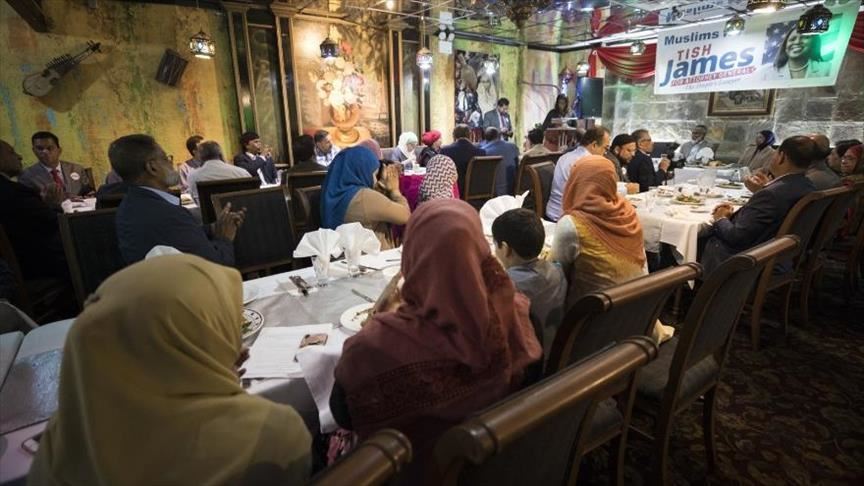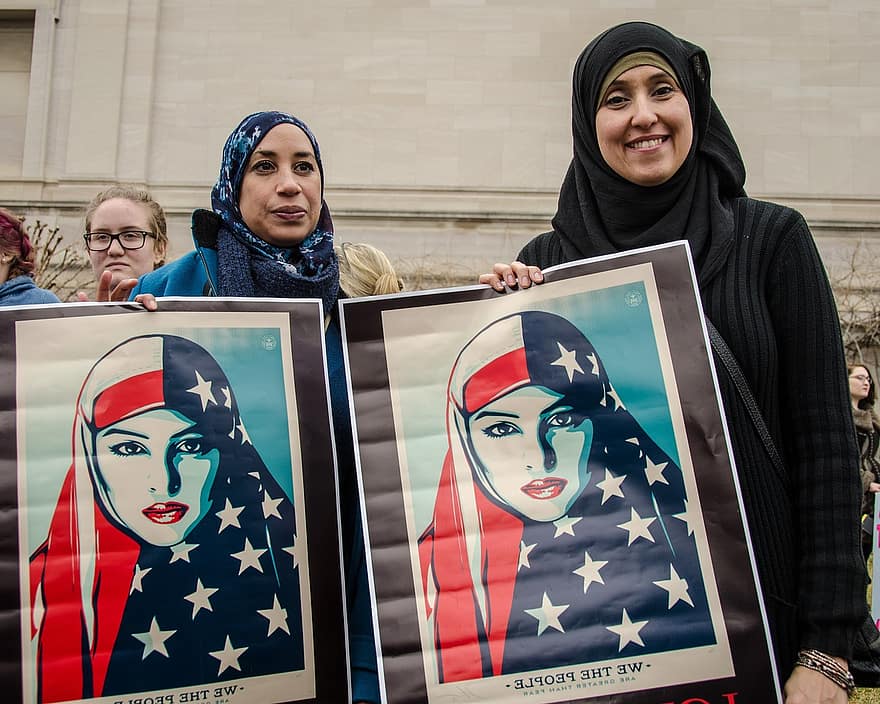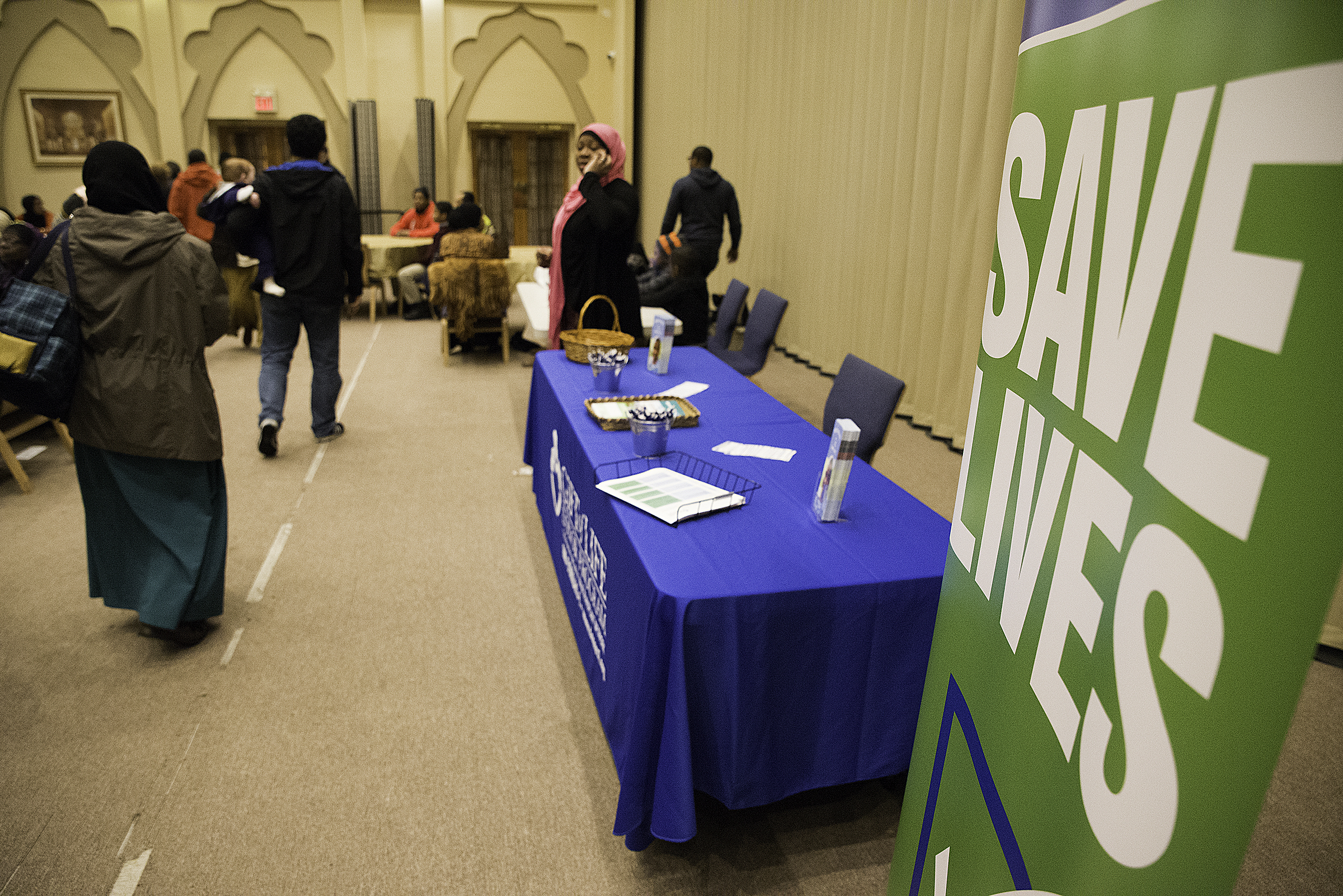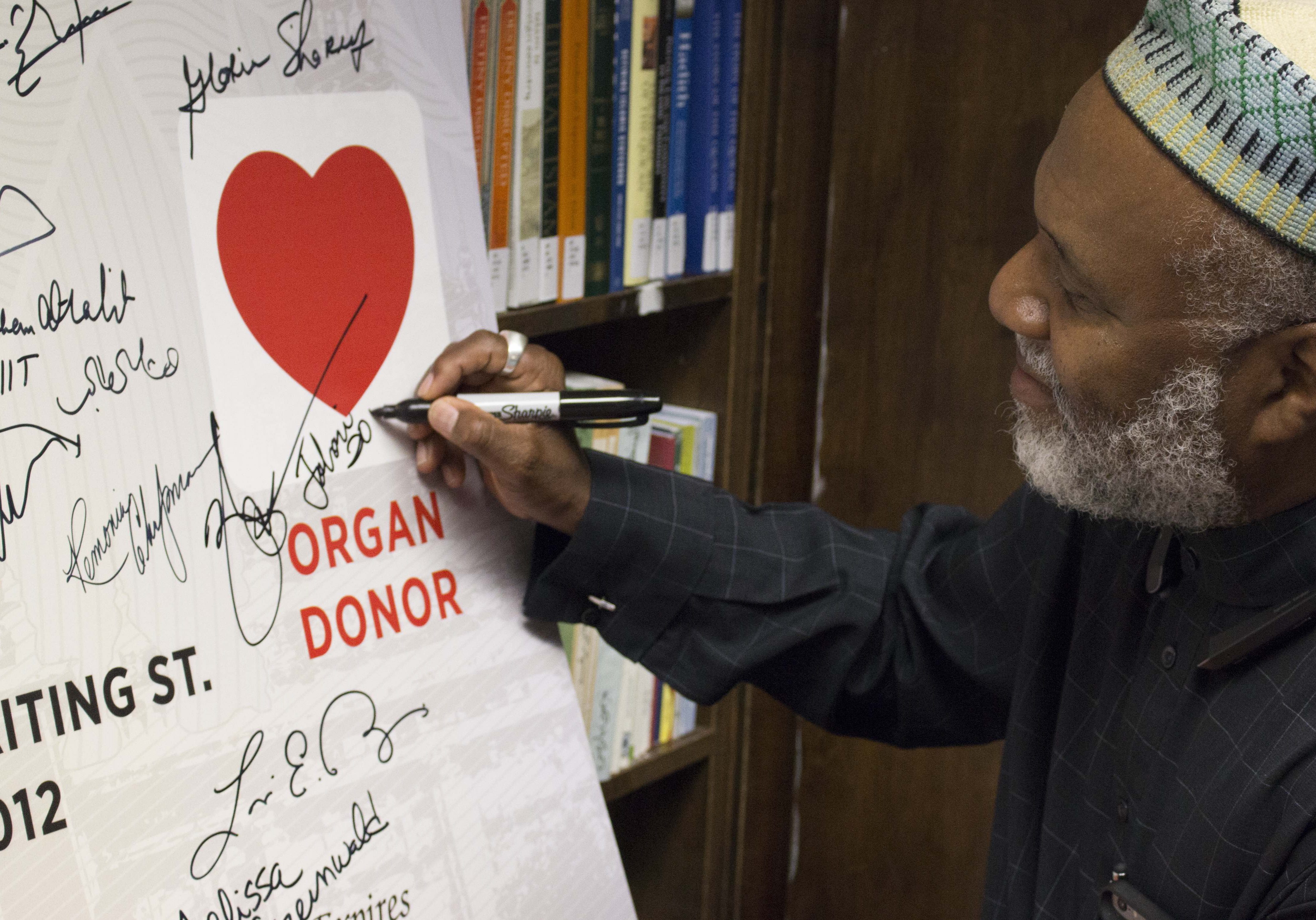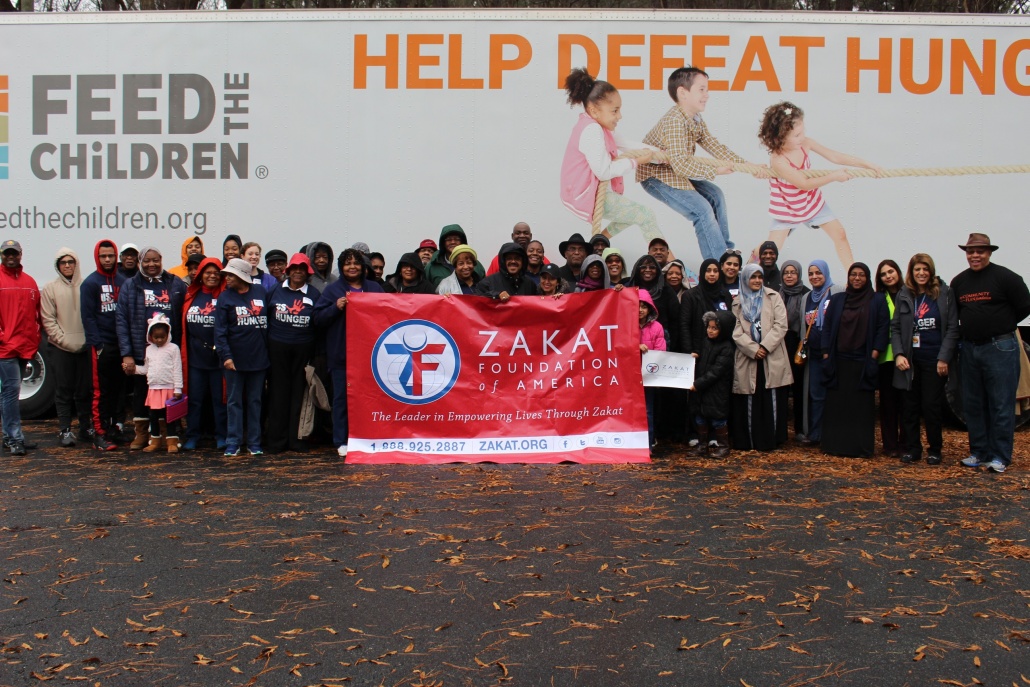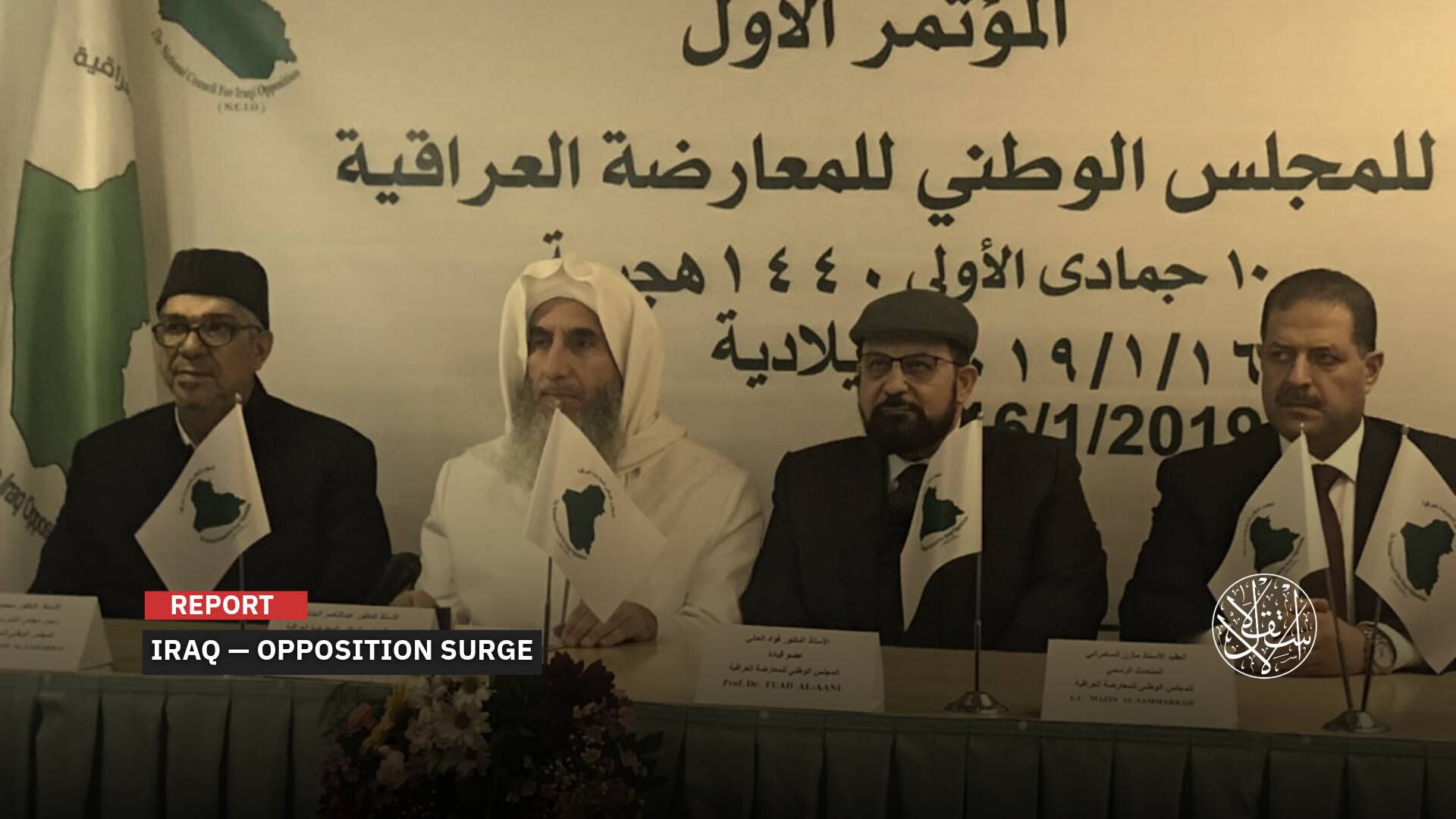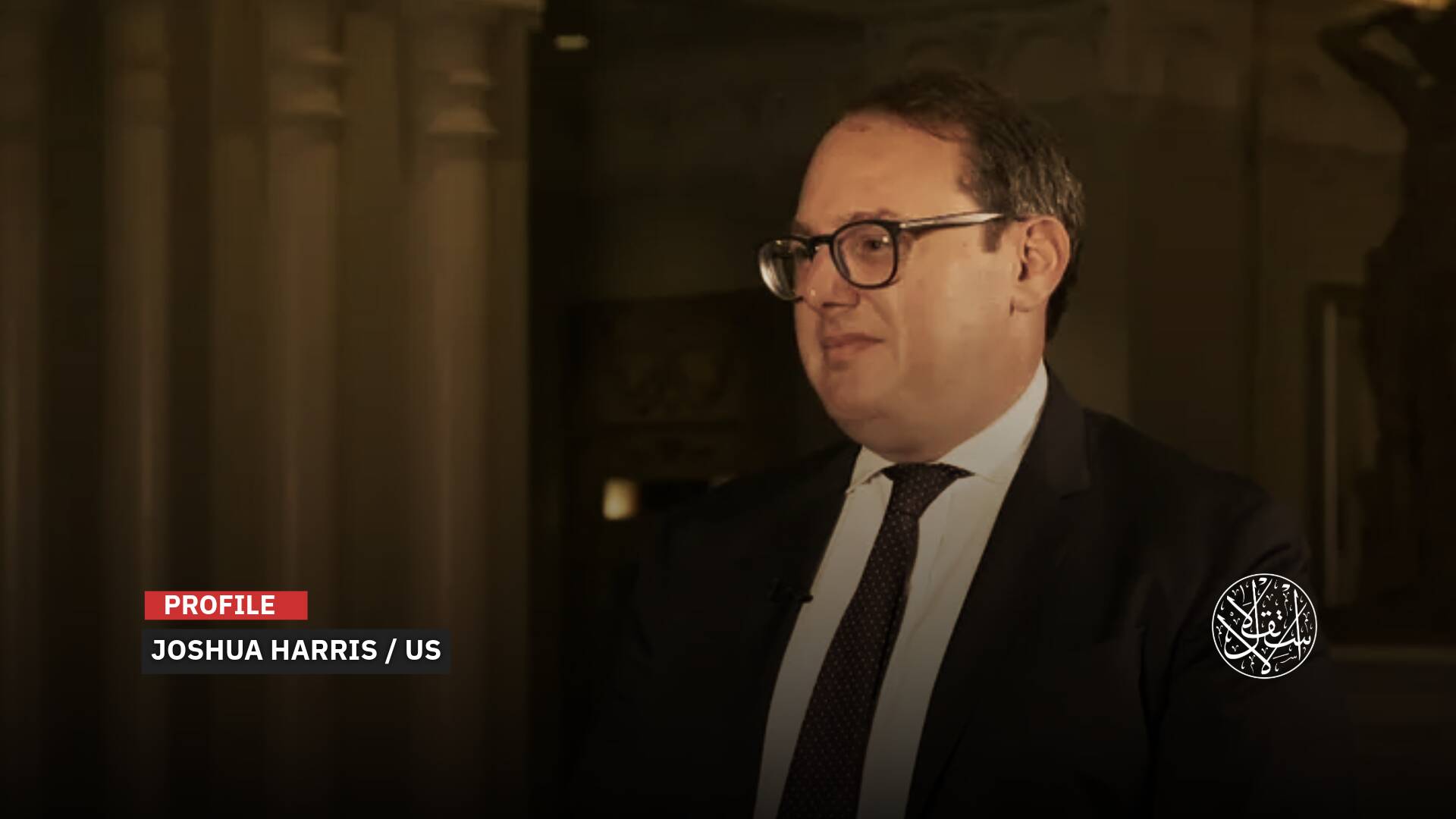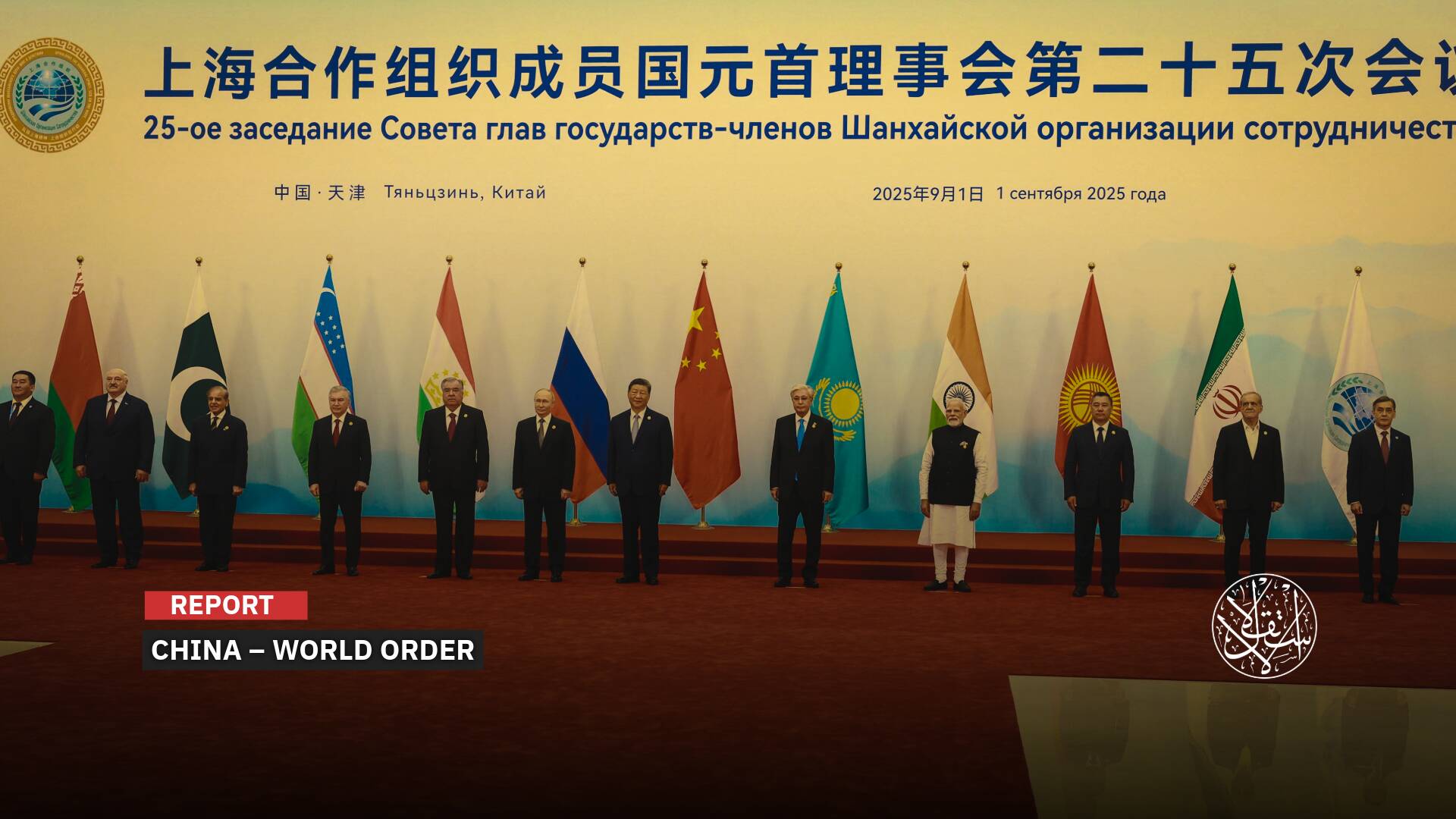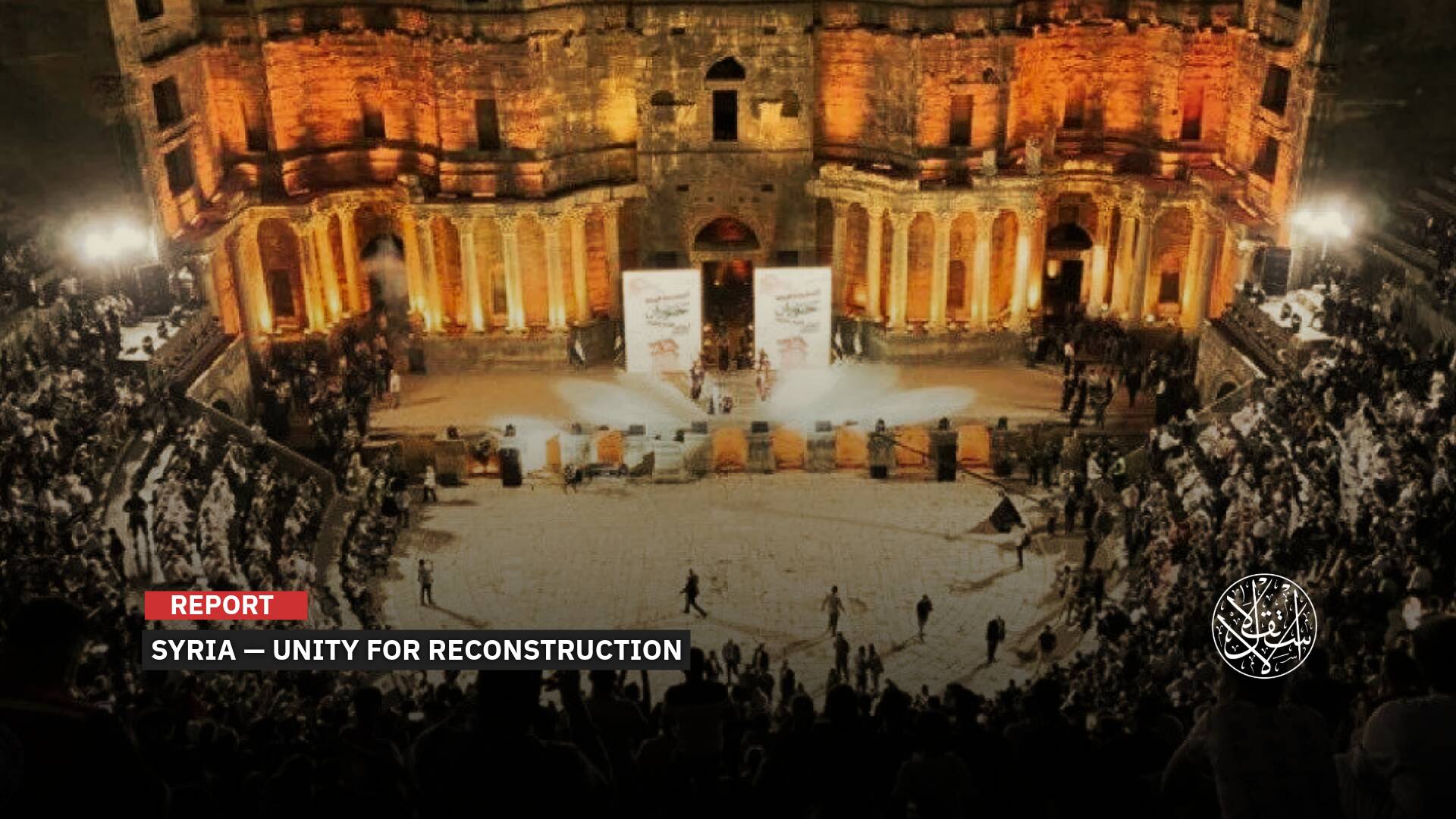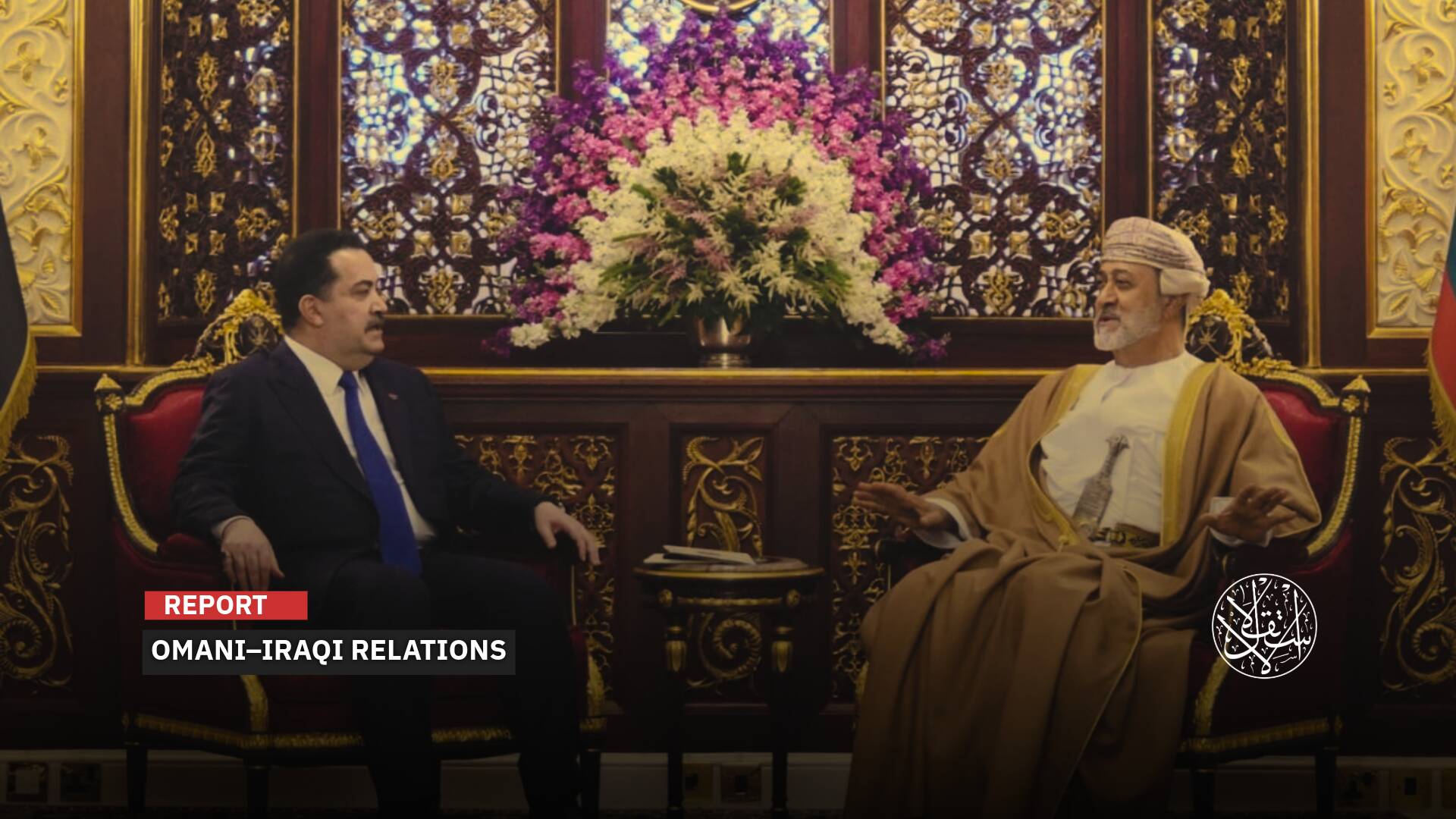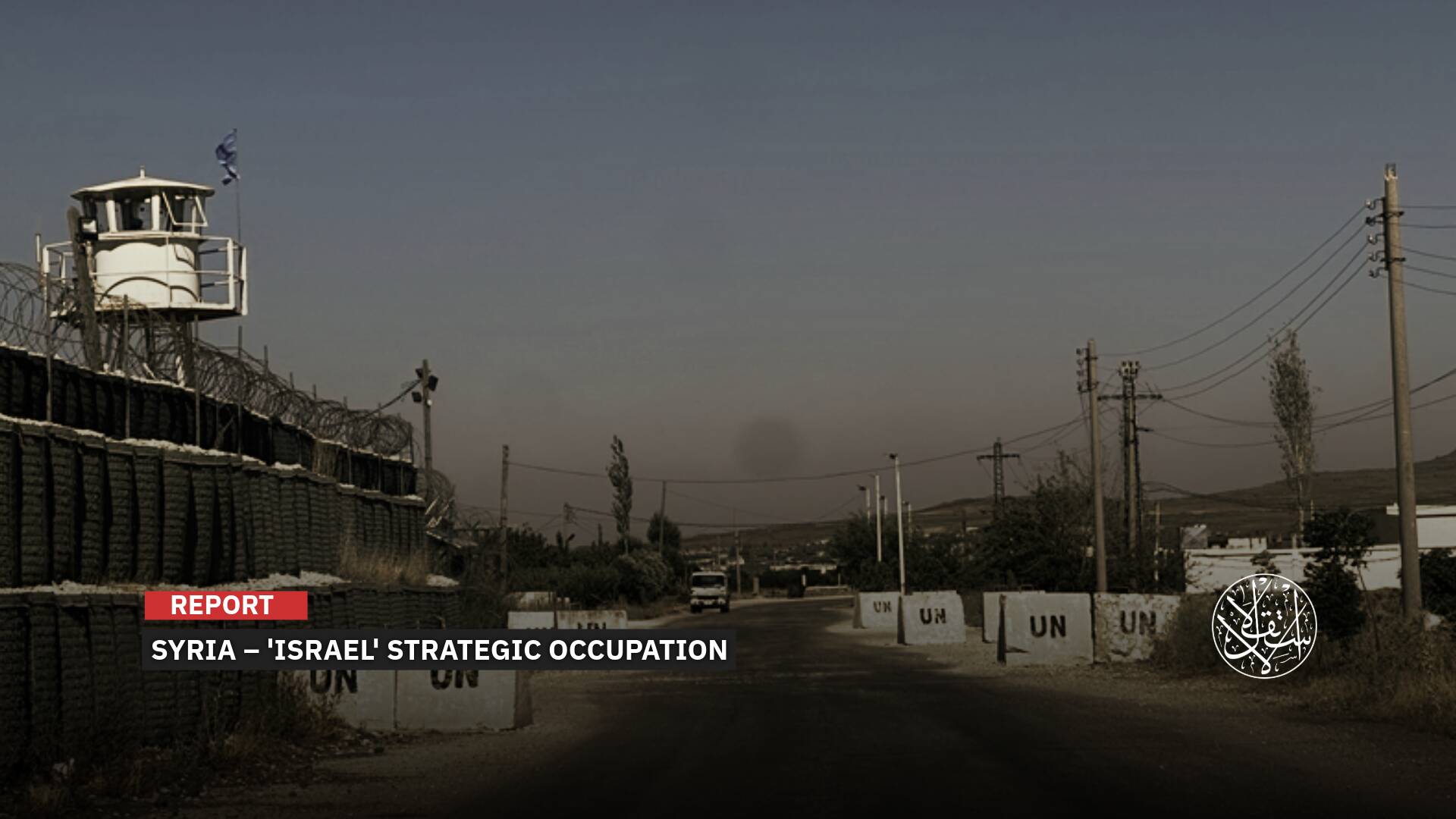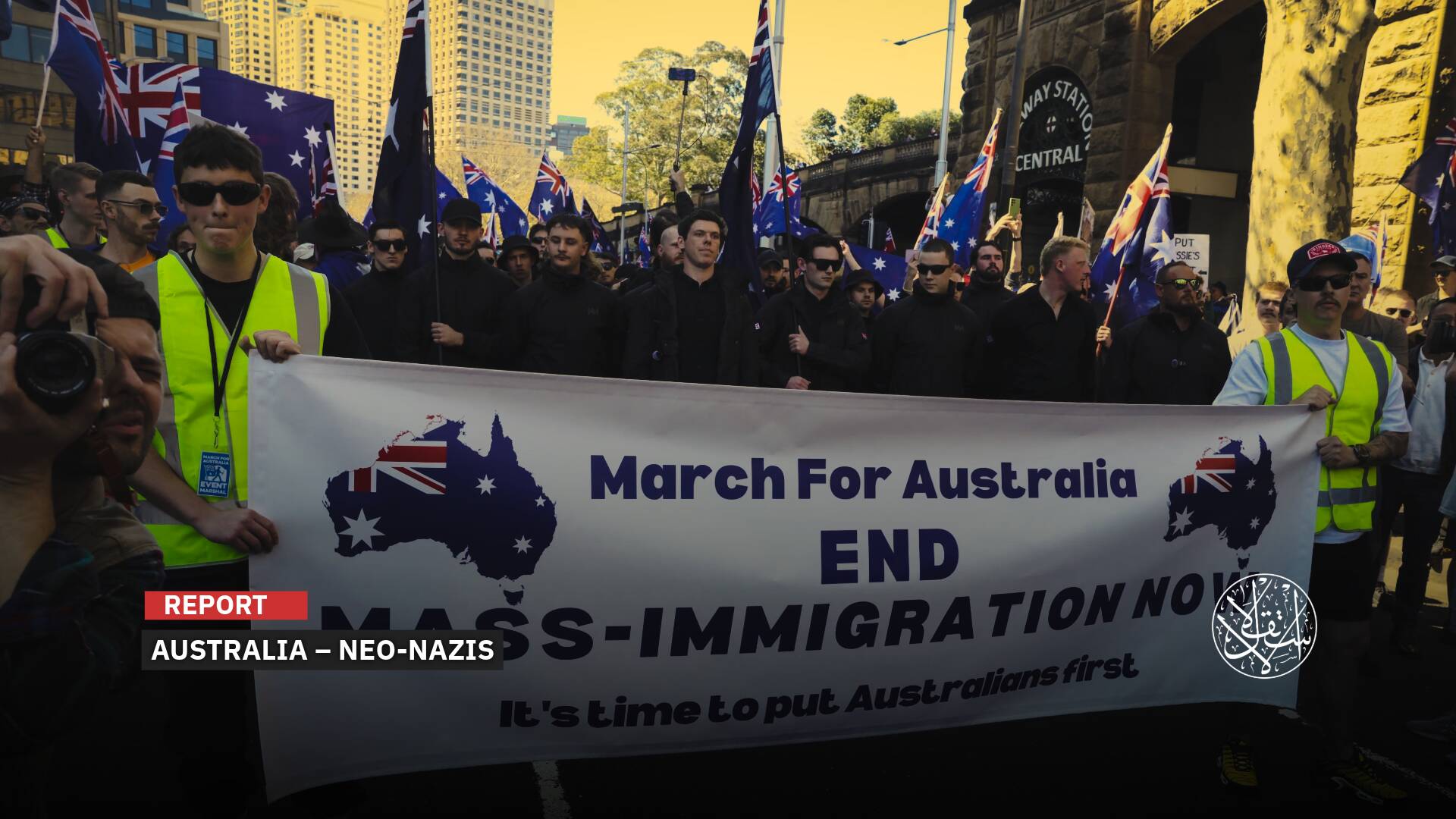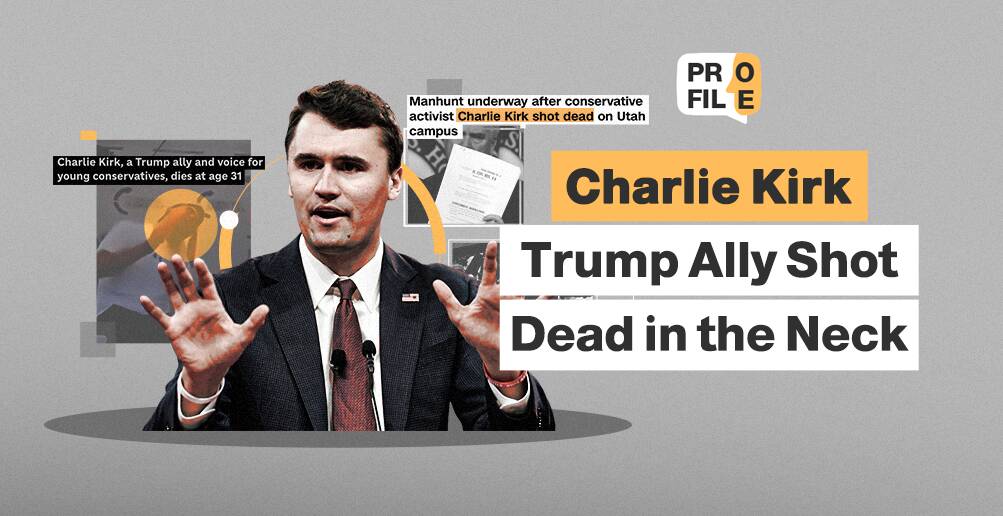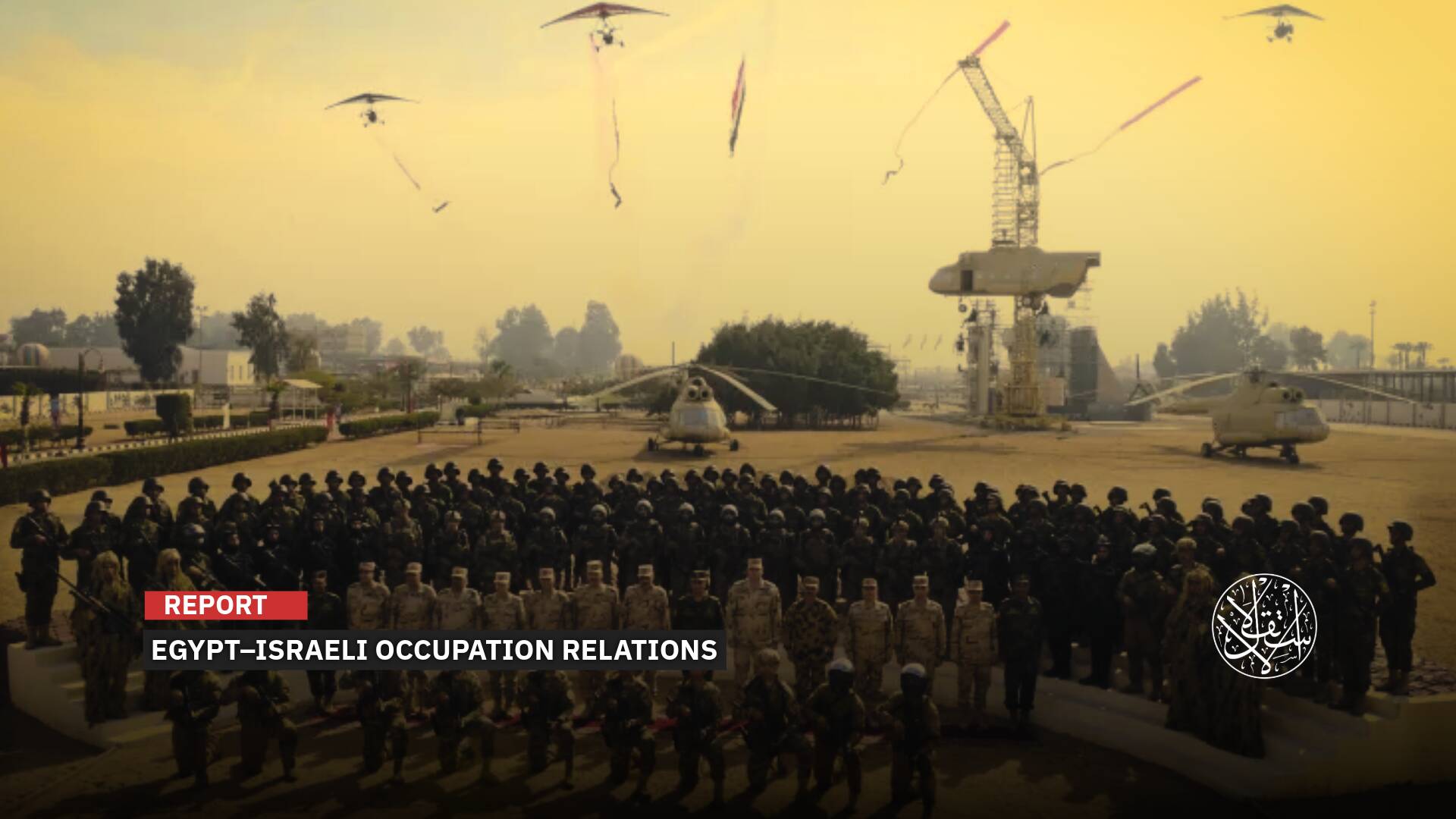US Muslims Have Volunteered and Donated More Than Other Americans: A Study Shows
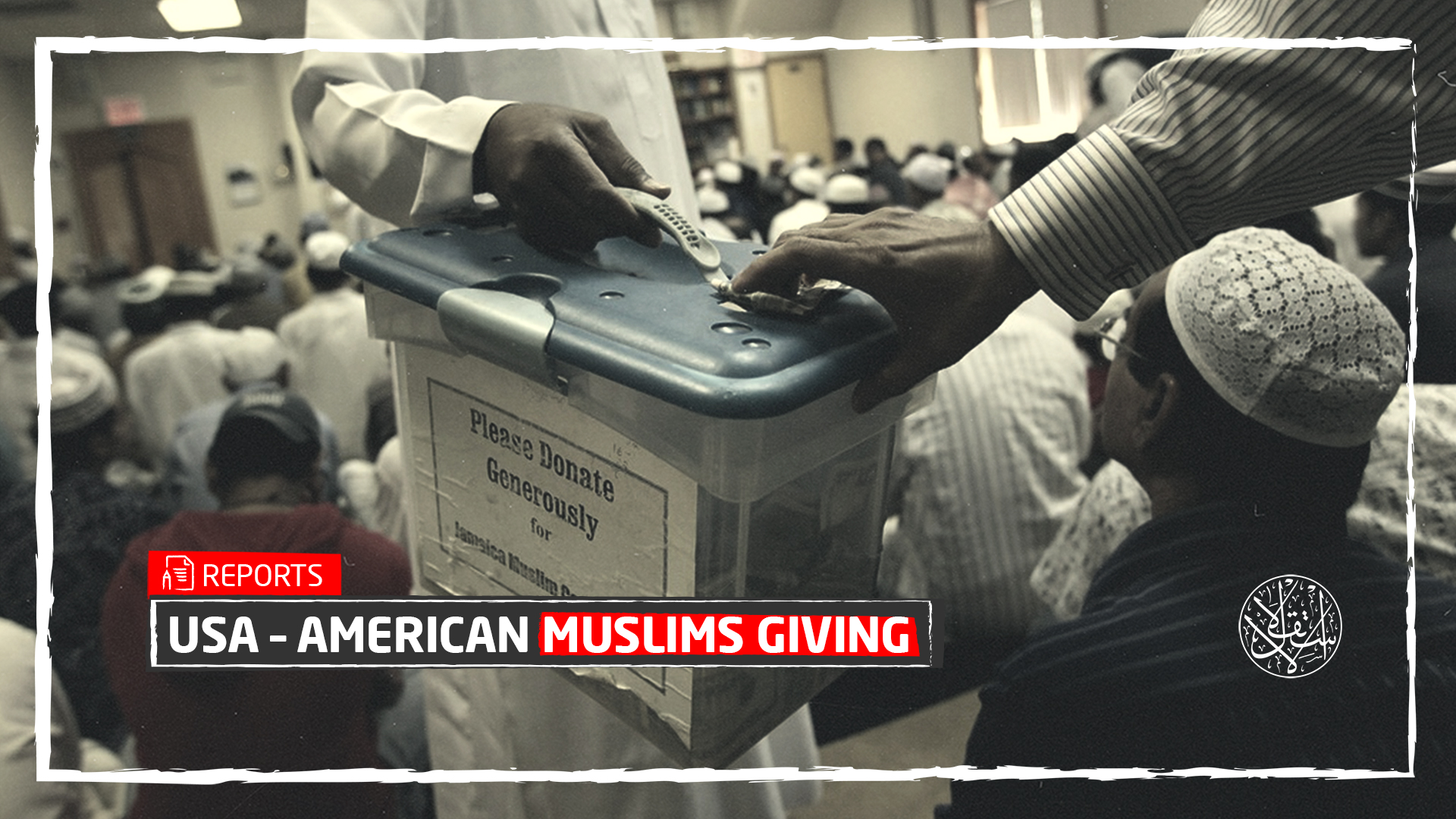
A recent study released on November 5, 2021, revealed that Muslims in America spent more on charitable donations in 2020 than other American citizens. It also showed that they volunteer to participate in charitable causes more than others.
The report, entitled “Muslim American Giving 2021” and published by the Australian Conversion website, was prepared by Shariq Siddiqui, assistant professor and director of the Muslim Philanthropy Initiative, and Rafeel Wasif, incoming assistant professor of nonprofit management, Portland State University.
According to the Pew Research Center, the Muslim population in America has grown in recent years to about 3.85 million. The Center indicated that this increase came from about 2.35 million Muslims in 2007, and it is expected to continue to rise.
Muslim Americans gave more to charity in 2020 than non-Muslims, and are also more likely to volunteer, according to the Muslim American Giving 2021 report. @Shariqindy @rafeelwasif @ConversationUS ⬇️https://t.co/dk3U1SV8tE
— IU Philanthropy (@IUPhilanthropy) November 11, 2021
Religious Discrimination
In the opinion of the authors of the report, the results of this study are very important, because it reveals for the first time the size and scope of the giving of this minority during their research in the field of charitable work, and because Muslim Americans are subject to a great deal of discrimination.
The Australian website also partnered with the Islamic Relief Organization in the USA, a humanitarian, not-for-profit organization, in order to conduct this study.
They obtained the results from a survey conducted by the SSRS research company on more than two thousand Americans, half of whom were Muslims, this will take place between March 17 and April 17, 2021.
Where the participants answered questions related to their religious customs, their donation practices, their volunteer work, the types of causes they support, and their concerns about COVID-19.
They were also asked about the impact of economic and political uncertainty, and the impact of financial well-being, on their donations and volunteer work.
Finally, the study identifies the discrimination they were subjected to, and monitored their views on discrimination rates in society.
The Executive Director of the Council on American-Islamic Relations, Nihad Awad, said in a press statement to Al Jazeera Mubasher, on September 13, 2021, “69% of Muslim Americans said they had experienced incidents of discrimination over the past two decades.”
“The majority of Muslims feel that the acts of racism and Islamophobia have not ended, but rather that they are constantly increasing,” Awad added.
A study from the Council on American–Islamic Relations reported that there were 300 cases of hate crimes against Muslims in 2017, which increased by 15% from 2016.
The authors of the report point out that although only 1.1% of Americans believe in Islam, and their average income is lower than that of non-Muslims, but their donations constituted 1.4% of the total donations of individuals.
America's Muslims, a highly diverse and rapidly growing minority, contributed a total of $4.3 billion to mostly non-religious causes throughout 2020.
The study also showed that Muslims give top priority to civil rights in their giving within their religious community. Muslims spend more than any other religious group in protecting the civil rights of members of their community.
According to observers, there is no doubt that there is a need to protect the civil rights of Muslims, where Muslims still find themselves at the center of US national security debates, they often face racism, xenophobia, and Islamophobia.
In addition, this summary also highlights that a high percentage of Muslim Americans are immigrants, half of all Muslim Americans were born in another country.
Successive generations of newcomers to the United States have also faced similar attacks and threats to their civil liberties; they went through periods when they had to fight to protect their communities.
High Rates of Giving
The study showed that the most important reason for the highest rate of donation by Muslims was to go to their places of worship. Muslims give an average of 27.45% of their charitable donations based on religion towards places of worship.
According to the Wall Street Journal, there are 2,769 mosques in the United States, an increase of 129% from 2000.
After places of worship, Muslims reported making the largest proportion of their charitable donations to relief abroad (12.81%), followed by local relief (11.13%). Muslims make a larger share of their charitable donations to relief overseas than average Americans.
In terms of non-religious giving, Muslims made a greater percentage of their donations to overseas relief, civil rights, COVID-19, and the environment than non-Muslims.
The study authors found that Muslim Americans donated an average of $3,200 to charitable causes during 2020, compared to the average donation of $1,905 among the rest of the participants.
They also distinguished themselves from non-Muslims in many other ways. As 8.5% of their donations went to support civil rights causes, compared to 5.3% for the general public.
On its part, the Australian Conversion website believes that these high rates of giving reflect the efforts made to combat Islamophobia, it is Islamophobia stemming from intolerance and hatred of Muslims.
In the same vein, Muslims have made donations in order to increase the public's understanding of their religion. As 6.4% of their donations funded religious research, compared to 4% for other faiths.
Muslim Americans also challenged allegations of Islamophobia through the causes they supported.
84% of American Muslim donations go to support American charitable causes, while they supported external causes with only 16% of their donation money; this contradicts the misconception that Muslim Americans focus on supporting foreign causes.
On the other hand, the most important priorities of other charitable work for Muslims in America included alleviating poverty locally.
COVID-19 Relief
“Donations to causes that mitigate COVID-19 damage to health, employment and food security accounted for 8.8% of Muslim Americans' belief-based giving, this compares to only 5.3% of non-Muslims,” the study revealed.
In addition, pandemic aid made up a large proportion of Muslim Americans' donations to non-religious causes.
As 14.3% of Muslim Americans' donations went to causes of Covid-19, by a large difference from non-Muslims, pandemic relief efforts accounted for only 6.7% of non-Muslim donations to non-religious causes.
This can be explained by the fact that Muslim Americans make up a very large proportion of the numbers of medical professionals and health workers on the front lines.
Muslim Americans make up 15% of all physicians and 11% of all pharmacists in Michigan, and 10% of New York City's doctors, 13% of its pharmacists, and 40% of its taxi drivers are Muslim Americans.
On its part, The Economist magazine indicated in a report on September 11, 2021, that the past twenty years were a golden period for Muslim Americans, their number has doubled and their presence in public life has increased exponentially; also, Muslim Americans are the most educated religious minority.
It is noteworthy that zakat and charity in Islam are considered among the main motives for charitable giving.
It is obligatory for every observant, adult and capable Muslim to donate to charitable causes in compliance with the obligations of the religion.
Zakat, one of the Five Pillars of Islam, is a religious duty under which Muslims must donate a portion of their wealth on an annual basis to charitable causes under specific conditions.
As for charity, it is a term used to denote a voluntary donation, it can be in any amount or something else, and there is no specific time for giving it.


